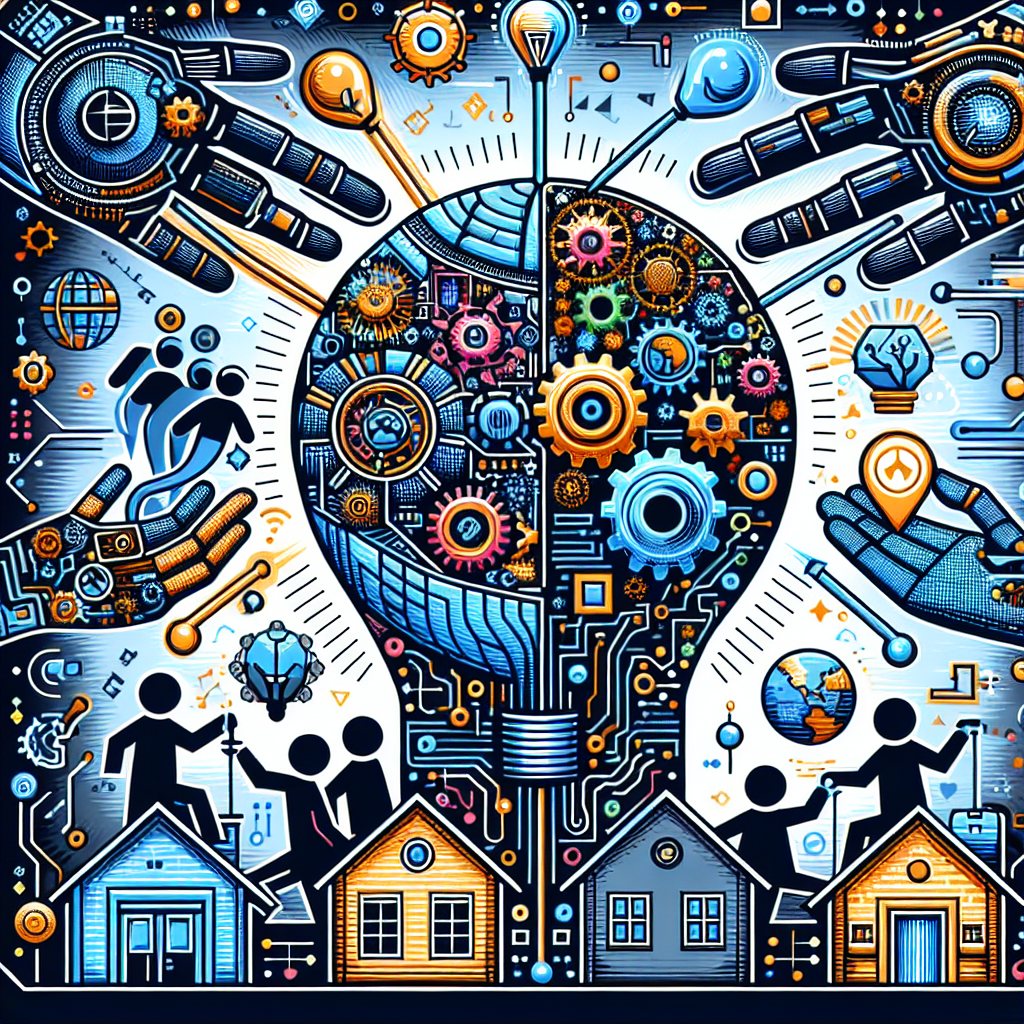Artificial General Intelligence (AGI) is a rapidly developing field that is changing the way students learn in the education sector. AGI refers to a type of artificial intelligence that possesses the ability to understand, learn, and apply knowledge in a way that is similar to human intelligence. With the advancement of AGI technology, educators are able to provide personalized learning experiences, improve student outcomes, and enhance the overall quality of education.
In this article, we will explore how AGI is revolutionizing education and changing the way students learn. We will also address common questions and concerns about the use of AI in the classroom.
How AGI is Changing the Way Students Learn
AGI technology is transforming the education landscape by providing students with personalized learning experiences. Through the use of algorithms and machine learning, educators can create customized lesson plans and learning materials that cater to the individual needs and learning styles of each student. This allows students to learn at their own pace and focus on areas where they need the most help.
AGI technology is also improving student outcomes by providing real-time feedback and assessment. Educators can use AI-powered tools to track student progress, identify areas of improvement, and provide targeted interventions to help students succeed. This personalized approach to learning not only increases student engagement but also boosts academic performance.
Furthermore, AGI technology is enhancing the overall quality of education by providing educators with powerful tools and resources. AI-powered platforms can analyze large amounts of data to identify trends and patterns in student performance, helping educators make data-driven decisions to improve teaching practices and curriculum design. This data-driven approach to education ensures that students receive a high-quality education that meets their individual needs.
Common Concerns and FAQs about AGI in Education
As with any emerging technology, there are concerns and questions about the use of AGI in education. Here are some common FAQs about AGI in education:
1. Will AGI technology replace teachers?
While AGI technology has the potential to automate certain tasks and provide personalized learning experiences, it is unlikely to replace teachers entirely. Educators play a crucial role in guiding and supporting students, fostering critical thinking skills, and promoting social and emotional development. AGI technology can augment the work of teachers by providing valuable insights and resources, but human teachers will continue to be essential in the education process.
2. Is AGI technology secure and reliable?
AGI technology must adhere to strict privacy and security protocols to protect student data and ensure the reliability of the system. Educators and administrators should work with trusted AI providers and implement robust security measures to safeguard sensitive information and maintain the integrity of the system.
3. How can AGI technology be used to support students with special needs?
AGI technology can be used to provide personalized learning experiences for students with special needs by adapting content, pace, and style to meet individual learning requirements. Educators can use AI-powered tools to create customized lesson plans, provide real-time feedback, and track student progress to support students with special needs and promote inclusive education.
4. How can educators integrate AGI technology into their teaching practices?
Educators can integrate AGI technology into their teaching practices by leveraging AI-powered tools and platforms to enhance lesson planning, assessment, and student engagement. By incorporating AGI technology into their teaching practices, educators can provide personalized learning experiences, improve student outcomes, and enhance the overall quality of education.
In conclusion, AGI technology is revolutionizing education by providing personalized learning experiences, improving student outcomes, and enhancing the overall quality of education. Educators can leverage AI-powered tools and platforms to create customized lesson plans, provide real-time feedback, and track student progress to support students and promote inclusive education. While there are concerns and questions about the use of AGI in education, educators can work with trusted AI providers and implement robust security measures to ensure the reliability and security of the system. By embracing AGI technology, educators can transform the way students learn and prepare them for success in the digital age.

